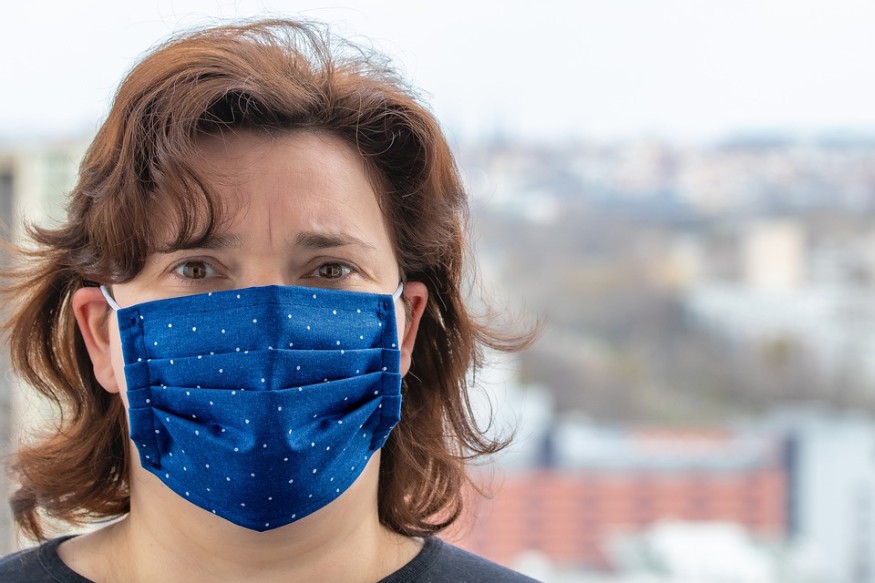
The protocol regarding the use and effectiveness of face masks differs between countries, and advice from various officials is conflicted, especially in the past 24 hours.
The latest place to advise citizens to use masks is New York City. Meanwhile, Dr. Deborah Birx, coordinator of the US coronavirus task force, is concerned that masks will give people a false sense of security and protection.
In Scotland, people still do wear masks and other face coverings in public. However, no official advice has been given for them to do so. Scotland's National Clinical Director said that no evidence exists to warrant the public to do such a thing.
Professor Jason Leitch stated that masks must be used by health care workers and those who have the virus. He added, however, that since COVID-19 is transmitted through droplets instead of being airborne, it is more effective for everyone to observe social distancing and handwashing. Leitch reiterated that the evidence worldwide shows that masks for the general population do not work. In a talk with BBC Good Morning Scotland, he said that people do not correctly wear masks; he added that such covers masks are hard and uncomfortable. They are not "fun".
Leith stressed that the virus is spread via droplets that spray into the air as infected people cough, sneeze, or talk. These droplets can infect someone whose eyes, mouth and nose get in contact with said droplets. The virus could also be transmitted indirectly through contact with contaminated objects. If people positive of the coronavirus wear masks, then these droplets can be contained and be prevented from infecting others.
The CDC or Centers for Disease Control and Prevention even states that cloth masks are useful, as these can help reduce transmission. President Trump, meanwhile, suggested the use of scarves.
Leitch also stated how face masks could be helpful for healthcare workers who are in close contact with infected patients. Nonetheless, he does not advise the Scottish government to recommend masks to the general population. He added that in Asia, it is a cultural tradition due to their previous experience with airborne viruses.
Leitch recommended social distancing and handwashing. The goal, he says, is to keep droplets away from other persons. Leitch adds that if the virus is airborne, then the recommendations will be different. Since it is not, he thinks masks will not be helpful.
In other countries, the use of face masks has become more common, particularly in Asia, after the 2002 SARS outbreak. Chinese officials are now enforcing the use of masks, especially in dense populations such as Beijing and Wuhan. Other countries like Slovakia and the Czech Republic require the use of masks.
In the US, people usually did not use them, but last Thursday, New York residents have been told to wear masks to help prevent the spread of the virus. Los Angeles also issued similar advice. The federal government has yet to make such a recommendation for the whole country.
As for the recommendations of WHO or the World Health Organization, only two kinds of persons should use masks - the infected ones who have symptoms and the ones caring for people suspected to carry the virus.
© 2025 NatureWorldNews.com All rights reserved. Do not reproduce without permission.





